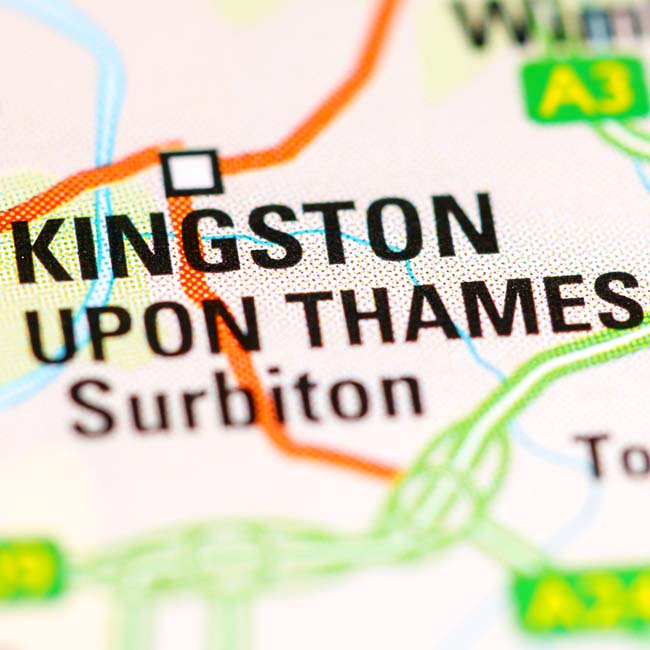
Our client, a vulnerable young person of previous good character, had been charged with offences of being concerned in the supply of class A drugs, possession of criminal property and possession of counterfeit money. The Crown’s case against our client was purely circumstantial; no evidence consistent with drugs supply was found at our client’s address and the ‘drugs line’ was found in the possession of our client’s co-defendant at another location. Instead, the Crown’s case was based solely on telephone evidence. It was suggested by the Crown that our client’s phone had been in the same location as the ‘drugs line’ on several occasions. This evidence was provided by a police officer, who himself confirmed that he was not an expert in cell site analysis.
We subsequently made an application to dismiss the charges against our client arguing that the evidence provided by the police officer was inherently biased, unreliable and inadmissible as he was not an expert in cell site analysis. The Court refused our application on the basis that whether or not the evidence was admissible was a matter for the trial judge. Undeterred, we continued to request the ‘raw data’ which underpinned the officer’s conclusions, however, despite our repeated requests over several months, the Crown did not disclose the ‘raw data’. In light of this, we served a s.8 application in order to obtain the evidence so that we could instruct our own expert.
The Crown conceded on several occasions that if they were relying on cell site evidence and co-location of our client’s phone and the ‘drugs line’, an expert report would be required. We kept detailed records of all of our requests and each occasion in which the Crown conceded that an expert was necessary, however, despite their concessions, the Crown did not serve an expert report at this stage. We therefore served a s.78 application to exclude all of the telephone evidence against our client; again arguing that the officer’s evidence was inadmissible on the basis that he was not an expert. In our application, we detailed each and every time the Crown had conceded that an expert was necessary. On the day that our application to exclude the evidence was due to be listed, and 2 ½ weeks before our client’s trial was due to take place, the Crown served an expert report. In Court, the Judge confirmed that our application was entirely correct, describing it as ‘unassailable’, but in light of the fact that the Crown had now served a report, we no longer had an application to exclude the evidence.
On our consideration of the report, it became apparent that the Crown’s own report was helpful to our client. We made representations to the Crown that they should review the case against our client and invited them to ask their expert whether the data that he had considered was consistent with what our client had been saying all along. Despite the Crown again conceding that this was possible and that an innocent explanation could not be excluded, they maintained that they were proceeding with the case against our client.
Despite this, we continued to make extensive representations that the Crown did not have sufficient evidence to prove their case and on the day of the trial, the Crown offered no evidence against our client in relation to the offences of being concerned in the supply of class A drugs and possession of criminal property. Our client subsequently pleaded guilty to the offence of being in possession of counterfeit money for which the starting point is a lengthy custodial sentence. As a result of the mitigation advanced on our client’s behalf, including the fact that our client’s account fell short of a defence, the Judge was persuaded to impose a custodial sentence of only four months. This sentence reflected the fact that our client had been in custody throughout these proceedings and our client was released the same day.
Our client was represented by Sabrina Neves, a solicitor in our Croydon Team and in Court by Sarah Memmi, a barrister at Goldsmith Chambers.